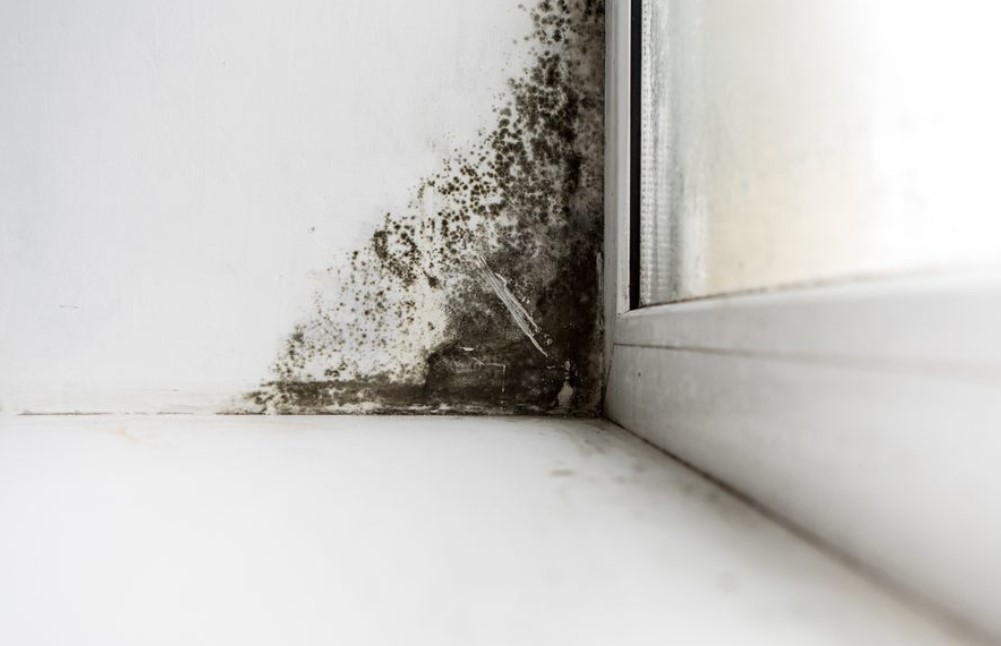
You might wonder if air testing is necessary before finding a solution to get rid of mold in your house or business. You have likely heard about how dangerous mold is and how it can cause health issues. However, is testing really necessary?
Do-It-Yourself Mold Remediation
Do-it-yourself mold remediation may seem like a good idea to some, but it can also prove to be a big ol’ headache. There are several reasons for this. For one thing, some of the necessary equipment is not readily available at your local hardware store.
Eliminating moisture is one of the best things you can do to kill mold. You can do this by opening cabinets and drawers and running fans. You’ll want to wear the proper safety gear if you’re doing this yourself.
Another big step is hiring a professional to do the work. For instance, testing for mold in house portland oregon. They can inspect the mold and give you free expert advice. This will let you know if your job is doable or if you need to call in the pros.
Mold Spores Get Airborne
If you’re sick of your nose running, your throat aching, and your eyes watering, you may be experiencing symptoms related to mold spores. A type of fungus called mold thrives on moisture and dampness. When you are exposed to mold spores, they can become airborne. In addition to causing breathing problems, mold can affect your immune system.
The effects of mold exposure can be severe. Some symptoms include coughing, fatigue, shortness of breath, headaches, and skin irritation. Other health conditions caused by mold include allergic bronchopulmonary aspergillosis, asthma, and cystic fibrosis.
Although there is no cure for mold, some things you can do to reduce your chances of getting sick are cleaning up a chronically damp area, repairing water damage, and wearing protective eyewear.
Mold Problems Go Hand in Hand With Water Problems
The health of the occupants of a home or building can be adversely affected by mold exposure. Asthma and respiratory infections can be triggered by inhaling mold spores. Mold can also cause eye and skin irritation, fatigue, headaches and nausea.
While there is no known cure for mold, it can be controlled with proper cleaning. Act right away if you notice mold growing in your home.
A fungus in soil or wood is attracted to moisture and can grow on carpets, upholstery and other surfaces. Mold is particularly drawn to moist leather and moist wood.
Depending on the type of material and the mold present, different people may experience various symptoms. Some people have milder reactions to mold than others.
Air Sampling Isn’t Warranted
Air sampling is an essential tool for confirming the presence of mold spores in the air. However, it’s not a complete solution. There are other mold testing methods, including swabs and bulk samples. Unless you’re testing a small room, you don’t need to do it yourself.
An extensive inspection is the best way to check for mold. This includes examining the air conditioning system and ductwork. If you’re planning a remodel, check the humidity level in the home as well.
You should look into specialized HVAC tests as well. These tests can tell you if your air conditioning is working as it should. They may also indicate problems with the ductwork or if your ventilation system is working correctly.
Health Problems Caused By Mold Exposure
Health problems caused by mold exposure can include respiratory disorders, allergies, and skin infections. Depending on the type of mold, adverse reactions can vary. Some symptoms of mold exposure include a runny nose, cough, sinus congestion, and itching.
People with asthma may experience more severe symptoms after mold exposure. If you are experiencing any symptoms, you should see a healthcare professional. It is essential to avoid mold as much as possible.
Molds are often found indoors and outdoors. They come in many colors and shapes. Many of them are black or brown, and some are green.
Some molds produce toxins. These toxins are called mycotoxins, which can cause serious health complications.
Inhaling many mold spores can cause asthma attacks, lung infections, and allergic reactions. Symptoms usually appear two to nine hours after inhaling the spores.
